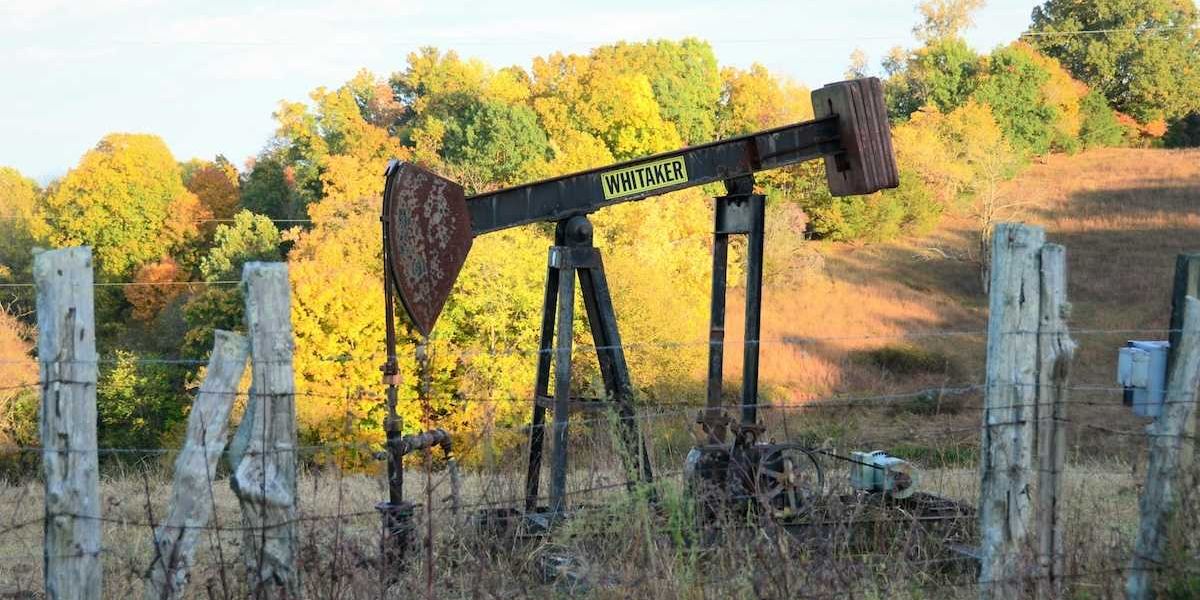10 September 2024
How a 2010 oil spill still shapes cleanup strategies today
Fourteen years after the Deepwater Horizon disaster, scientists remain skeptical that today’s oil spill response methods would be significantly more effective at managing a similarly catastrophic event.
Jocelyn Timperley reports for the BBC.
In short:
- The Deepwater Horizon spill released 4.9 million barrels of oil into the Gulf, and only 2-6% was recovered.
- Advances in oil spill science and technology have improved recovery methods, but they remain largely ineffective for large spills.
- The rise of new oil production methods, including deep-sea drilling, increases the likelihood of future spills.
Key quote:
"I knew immediately that this would be ecologically and economically disastrous."
— Jeffrey Short, now-retired scientist from the US National Oceanic and Atmospheric Administration
Why this matters:
As long as we use fossil fuels, spills are likely to happen. Oil spills are the third largest source of oil in the sea. Experts warn that, despite some advances in spill response, another Deepwater Horizon-level spill would be similarly catastrophic.













